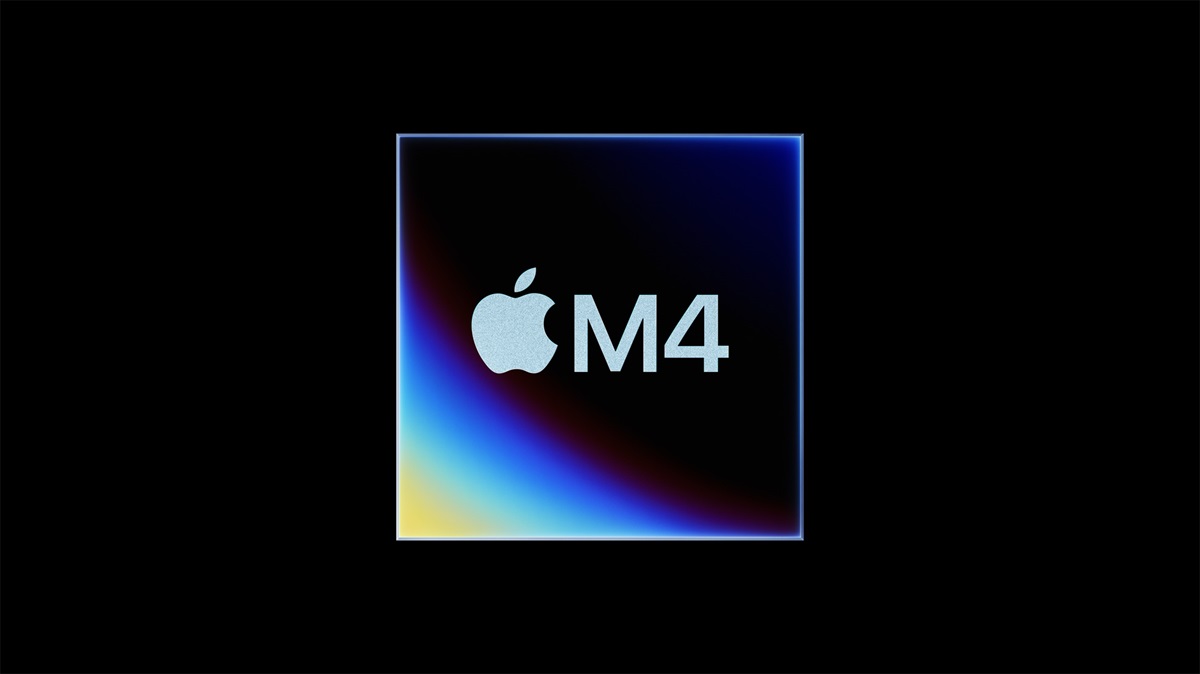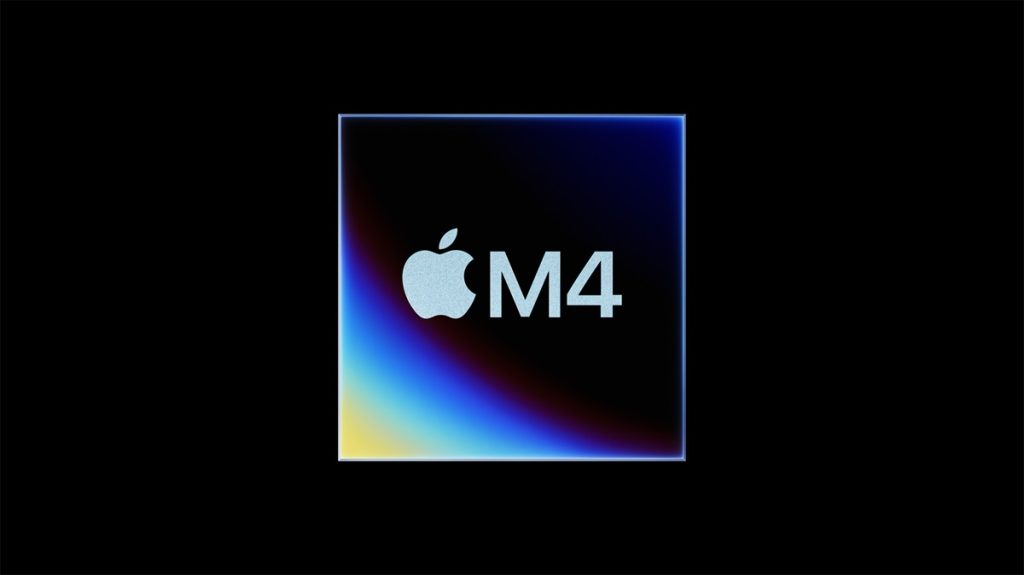
On the evening of May 7, 2024, Apple held a special event titled “Let Loose,” where they introduced the all-new iPad Pro and iPad Air. The new iPad Pro is particularly noteworthy as it debuts the M4 chip, bringing remarkable performance enhancements to the device.

According to Wccftech, Apple has a broader strategy for its Mac product line and plans to extend the M4 series processors to every Mac model. The MacBook Pro is likely to be one of the first Macs to incorporate the M4 processor, followed by updates to the Mac mini and iMac, with these product refreshes expected between late 2024 and early 2025.
Subsequent releases will include the MacBook Air, Mac Pro, and Mac Studio. The new MacBook Air is anticipated to arrive in the spring of 2025, while the Mac Pro and Mac Studio will follow in the latter half of 2025. This rollout will complete Apple’s transition of the entire Mac product line to the M4 series processors.
To cater to the higher performance requirements of different products, Apple will further expand the M4 series with the introduction of M4 Pro, M4 Max, and M4 Ultra. Both the Mac Pro and Mac Studio are slated to utilize the M4 Ultra. For the average user, the M4 is the most significant, as Macs equipped with superior cooling solutions may see the M4 running at higher frequencies, thereby delivering enhanced single-core and multi-core performance.
The M4 is manufactured using TSMC’s second-generation 3nm process, integrating 28 billion transistors, thereby improving energy efficiency. It features a 10-core CPU, with up to four performance cores and six efficiency cores. The new generation cores utilize improved branch prediction technology and are paired with a 10-core GPU based on the new graphics processor architecture introduced with the M3 series chips. The M4 also includes Apple’s fastest neural engine to date, capable of performing up to 380 trillion operations per second, along with a new generation of machine learning (ML) accelerators. The advanced media engine supports AV1 decoding, as well as popular video codecs like H.264, HEVC, and ProRes.
